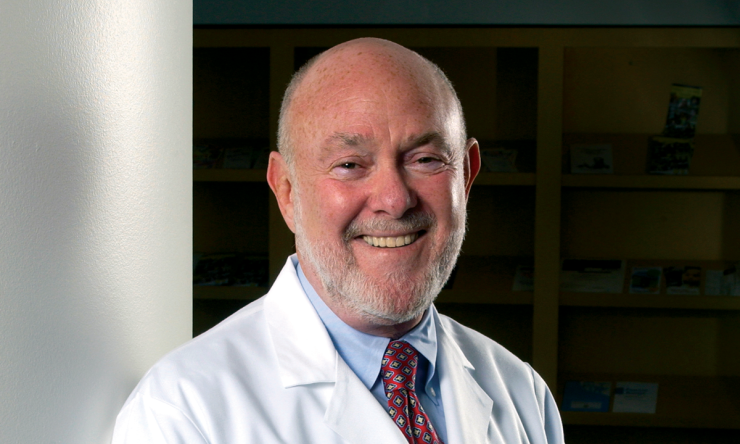Childhood cancer survivor support expanding for Texans
Ensuring that childhood cancer survivors in Texas receive healthcare that meets their unique needs has been the focus of the Passport for Care, developed by Texas Children’s Cancer Center and Baylor College of Medicine’s Center for Collaborative and Interactive Technologies, since it launched in 2008. A recent grant from the Cancer Prevention Research Institute of Texas expands the innovative, web-based program to reach even more survivors. The $1.5 million grant is the third from CPRIT for the Passport for Care project.
Texas is home to more than 35,000 survivors of childhood, adolescent and young adult cancer who face late effects of their cancer treatment that may impact their quality of life or even be life-threatening. Some of these late effects include infertility, second malignancies and cardiac failure. But childhood cancer survivors face obstacles in receiving quality care, including lack of access to cancer treatment summaries and limited knowledge – by the survivors themselves and by primary care physicians – of the risks for late effects and guidelines for follow-up screenings.
“Health concerns for childhood cancer patients do not end when their cancer treatment is successfully completed, but it can be complicated for survivors and their physicians to keep up with healthcare recommendations,” said Dr. David Poplack, director of Texas Children’s Cancer Center, the Elise C. Young Chair of Pediatric Oncology at Baylor College of Medicine and co-developer of Passport for Care. “We developed Passport for Care to translate complex follow-up guidelines into a user-friendly, personalized care plan.”
Passport for Care was launched with a clinician website that uses an algorithm to generate a set of potential late effects based on the survivor’s treatment history and deliver a corresponding set of follow-up screening recommendations based on Children’s Oncology Group guidelines. This clinician-based site is in use at 14 childhood cancer centers in Texas, reaching about 5,000 survivors. The survivors’ website was the next phase of Passport for Care, allowing childhood cancer survivors to have direct access to their treatment information and screening recommendations; about 2,800 survivors have enrolled.
With this latest CPRIT grant, Passport for Care will be expanded across Texas, targeting additional cancer clinics as well as individuals in the Texas Cancer Registry, a database of all cancer survivors in the state. Through outreach initiatives to survivors and clinicians, including a social media campaign, the goal is to double the number of Texans enrolled in Passport for Care. Other goals include improving the functionality of the Passport for Care survivors’ website and evaluating the program, including knowledge and follow-through of health and screening recommendations.
“Our goals through this CPRIT-supported expansion are to reach childhood cancer survivors across Texas, increase the number of people who understand the risks of late effects and expand the number of survivors who seek follow-up screening and care to reduce the potential morbidity and mortality resulting from the late effects of cancer therapy,” Poplack said.
Childhood cancer survivors interested in accessing Passport for Care can find more information online.
Texas Children’s Cancer Center is a joint program of Baylor College of Medicine and Texas Children’s Hospital and the pediatric program of the NCI-designated Dan L Duncan Comprehensive Cancer Center.










